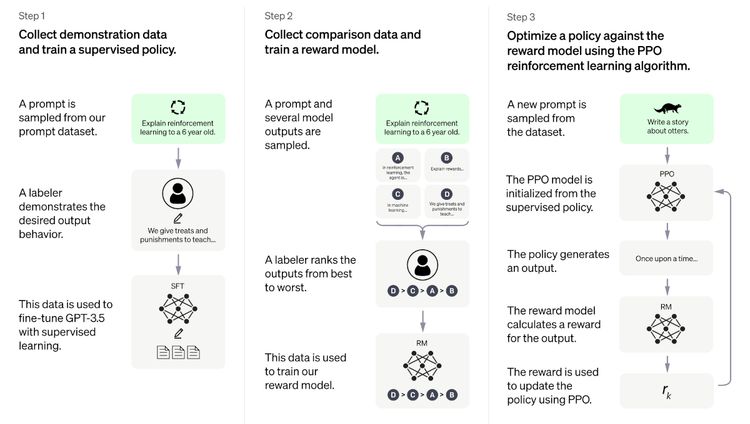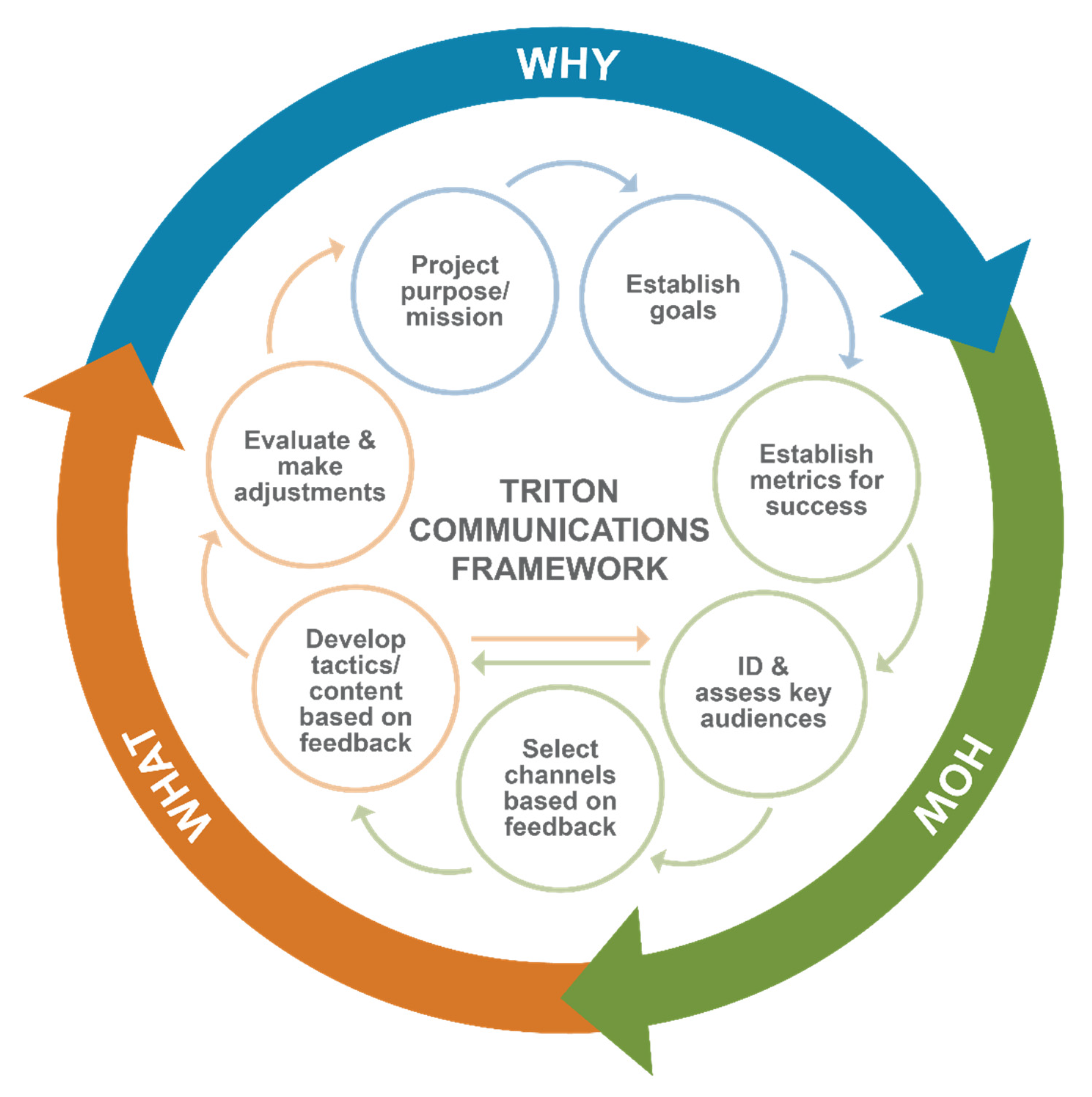ChatGPT for Public Health: Information Dissemination and Engagement
Introduction

ChatGPT (Chat Generative Pre-trained Transformer) is a powerful language model developed by OpenAI. It has garnered significant attention for its ability to generate coherent and informative text, among other tasks. In the realm of public health, ChatGPT presents a unique opportunity to enhance information dissemination and engagement.

Information Dissemination
ChatGPT can effectively disseminate accurate and up-to-date public health information. By integrating it into health information portals or chatbots, health organizations can provide real-time responses to inquiries on health-related topics. ChatGPT can generate clear and concise explanations of complex medical concepts, making them accessible to a wider audience. Its ability to translate information into multiple languages also promotes inclusivity in health communication.
Engagement and Education
Beyond information dissemination, ChatGPT can facilitate engagement and education. It can be employed in virtual health assistants, offering personalized guidance and support to individuals seeking health information or advice. By responding to questions and providing context-specific responses, ChatGPT can enhance health literacy and promote informed decision-making. Additionally, its conversational nature allows for interactive learning, enabling users to explore health topics in a more engaging and tailored manner.
Chatbot Applications
Chatbot platforms can leverage ChatGPT to deliver proactive health information. These chatbots can initiate conversations with individuals, providing timely updates on health campaigns, disease outbreaks, or healthy lifestyle practices. They can also collect feedback and identify areas where additional information or support is needed, facilitating targeted health interventions.
Collaboration with Healthcare Professionals
Healthcare professionals can collaborate with ChatGPT to improve patient education and communication. ChatGPT can assist doctors in explaining medical concepts to patients in a clear and patient-centric manner. It can also help generate discharge instructions, medication information, or disease management plans tailored to individual patients’ needs.
Challenges and Considerations
While ChatGPT offers immense potential in public health, certain challenges need to be addressed. Ensuring the accuracy and reliability of the information generated is paramount. Integration with existing health platforms and systems requires proper governance and data management protocols. Moreover, the ethical implications of using AI for health communication and its potential impact on human interaction in healthcare should be carefully considered.
Conclusion
ChatGPT holds great promise for revolutionizing public health information dissemination and engagement. Its ability to generate clear and informative text, coupled with its potential for personalization and interactivity, can empower individuals to make informed health decisions and improve their well-being. As the technology continues to evolve, it is crucial to address its challenges and leverage its potential to enhance public health outcomes.

